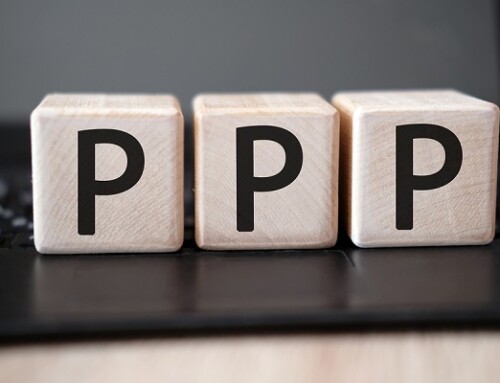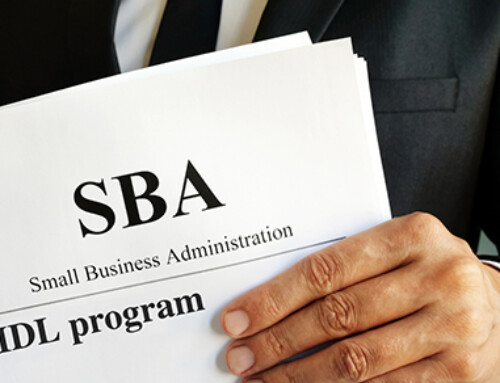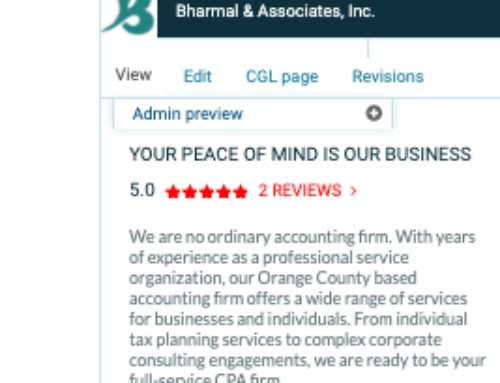Cash flow problems in a business don’t just come out of nowhere – there’s always a cause. In many cases, the cause comes down to the business owner’s mistakes. The good news is that mistakes can be avoided when you understand how they are made. Following are four common errors entrepreneurs make that can negatively impact their bottom line. By knowing what they are, you can sidestep them and keep your cash flow healthy.
- Devoting Too Much Time to Activities That Don’t Generate Cash:
When building a business, we don’t see an ROI on every activity. However, it’s important to distinguish which activities have the highest chance of eventually generating some cash flow. That’s why you should be mindful of how you’re spending the majority of your time. After all, time is your most valuable asset. Treat it that way. It’s OK to say no to things that provide little to no value for your business. Furthermore, you don’t need to have your fingers in every pie. Some activities can be performed perfectly well without you, while you devote your time to activities that generate the most cash. A good guideline is to aim for spending 80% of your time on more valuable tasks.
- Making – and Taking – Late Payments:
When billing your clients or customers, you might provide an extended window of time to make payments in order to encourage more sales. However, this can seriously cripple your cash flow. Reconsider. Give your clients no longer than 14 days to pay an invoice. If you’re providing quality goods and services and have clearly communicated your terms in advance, they should have no problem paying you within this time window
- Comingling Personal and Business Funds:
Do yourself a huge favor and keep your personal and business funds separate. Open a business bank account and apply for a business credit card so you can easily keep track of business expenses. Failing to separate the two can lead to complications around balancing accounts, filing taxes, measuring profits and even setting clear financial goals.
- Failing to Stash Emergency Cash:
Make no mistake – in every business, the unexpected can happen. That’s why it’s so important to have a contingency plan, especially when it comes to finances. Consider stashing money away into an emergency fund. It’s a good idea to keep enough money to cover your business for three months. Building that fund will force you to operate lean, and that’s good business training anyway. You’ll learn to get by on what you have and your creativity and resourcefulness will be put to the test.
There are many things business owners will learn the hard way about cash flow, but now that you’re in-the-know, these are four common mistakes you won’t make.





